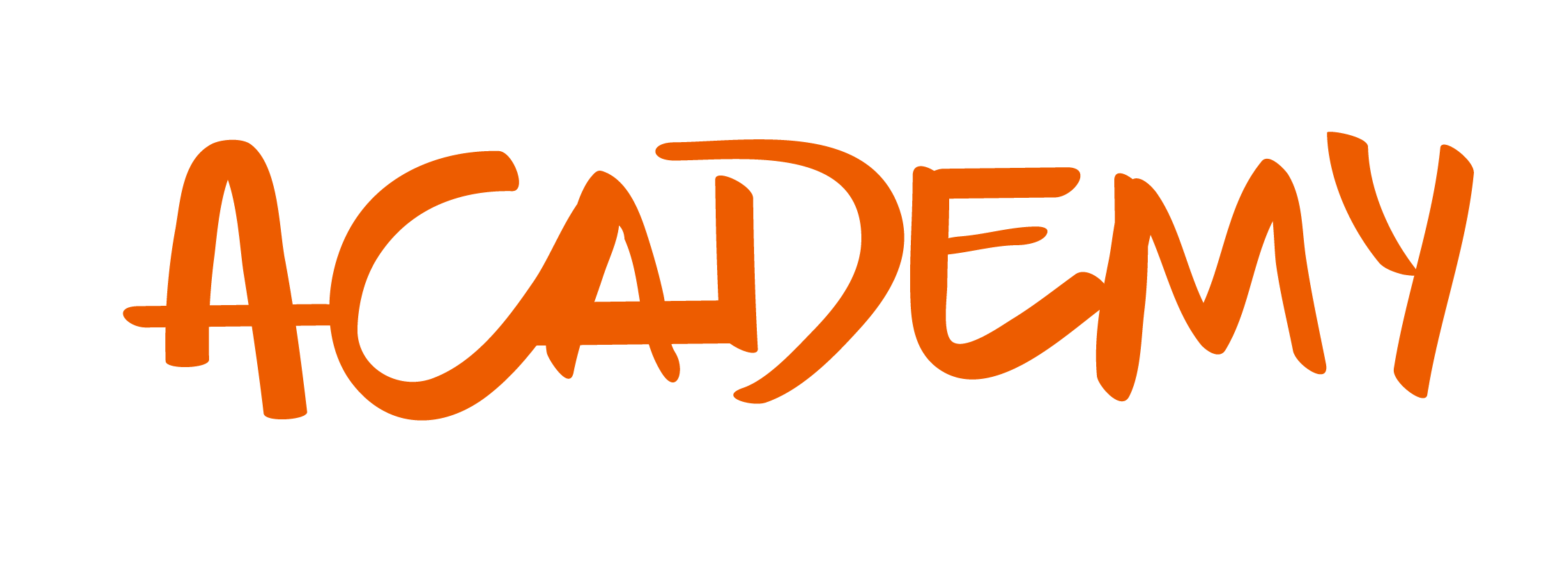In the world of agencies, creativity merges with strategy to provide innovative solutions to clients. That’s why work teams play a fundamental role in carrying out projects. These agencies rely heavily on the talent and dedication of their teams to achieve success.
On the path to profitability and efficiency, various obstacles can arise in agencies that can harm teams or the agency itself. One of them is talent rotation, which has become a challenge that agencies regularly face. This phenomenon can have significant effects on the stability, productivity, and organizational culture of agencies.
In this article, we will closely examine the effects of talent rotation in agencies and the strategies that can be implemented to address these challenges.
How Talent Rotation Affects Agencies’ Capacity to Innovate
Among these effects, we can find a decrease in team productivity. When a key collaborator leaves the agency, there may be a temporary decrease in productivity, as new team members require time to familiarize themselves with the processes and responsibilities of the work. This can also impact organizational culture, as multidisciplinary teams may be affected by constant changes that hinder the establishment of solid relationships among them and the building of a collaborative environment.
This is not a one-time occurrence but can be prolonged over time, and the more it happens, the more it can affect team members and the efficiency of their work. Additionally, every time talent leaves the agency, their experience and accumulated knowledge during their time of work are lost, affecting the agency’s ability to innovate.
Another challenge agencies must face is the cost of replacing talent. Between job postings, selection processes, interviews, and integration programs, a counterproductive effect can be created for the agency organization, not only in terms of money but also in terms of time. Time in agencies is a fundamental unit of value and should not be taken for granted.
Additionally, talent rotation can affect the quality of service offered by the agency. Projects may be compromised, and clients may perceive a lack of consistency in attention and execution, which can damage trust and client loyalty.
Discovering Insights to Reduce Turnover in Creative Agencies
Once the negative effects that employee turnover can bring have been clarified, it is necessary to understand how work teams can be strengthened to avoid being harmed.
First and foremost, a crucial factor in reducing turnover in agencies is the implementation of programs and policies that promote talent retention and cultivate a culture of commitment. Project boards and real-time updates allow employees to feel more connected and engaged with teamwork, in addition to promoting open communication, recognizing performance, and establishing clear and achievable goals for team members.
On the other hand, the role of leadership in teams is a key element in reducing turnover in creative agencies. Leaders can inspire and motivate teams, using task allocation functions, progress tracking, and performance evaluations. The latter are highly beneficial as they can provide valuable feedback and help identify areas for improvement and how to empower employees individually and collectively.
Conclusion
Talent turnover is a challenge that impacts stability and operational efficiency. The loss of key employees can cause a temporary decrease in productivity and erode organizational culture. However, in the face of these challenges, opportunities also arise to strengthen teams and mitigate the negative effects of turnover. The use of project management tools facilitates the connection and commitment of employees, while inspiring leadership and continuous feedback foster motivation and professional development.
Recognizing the challenges associated with talent turnover and adopting proactive approaches to address them can turn obstacles into opportunities for growth and organizational strengthening for creative agencies.














